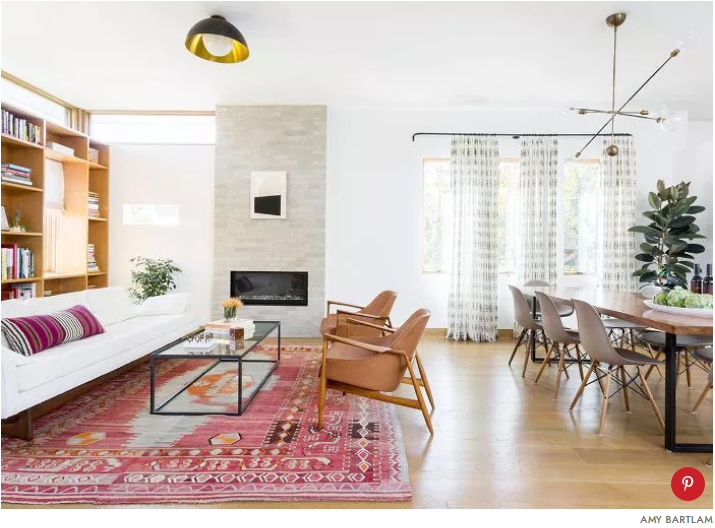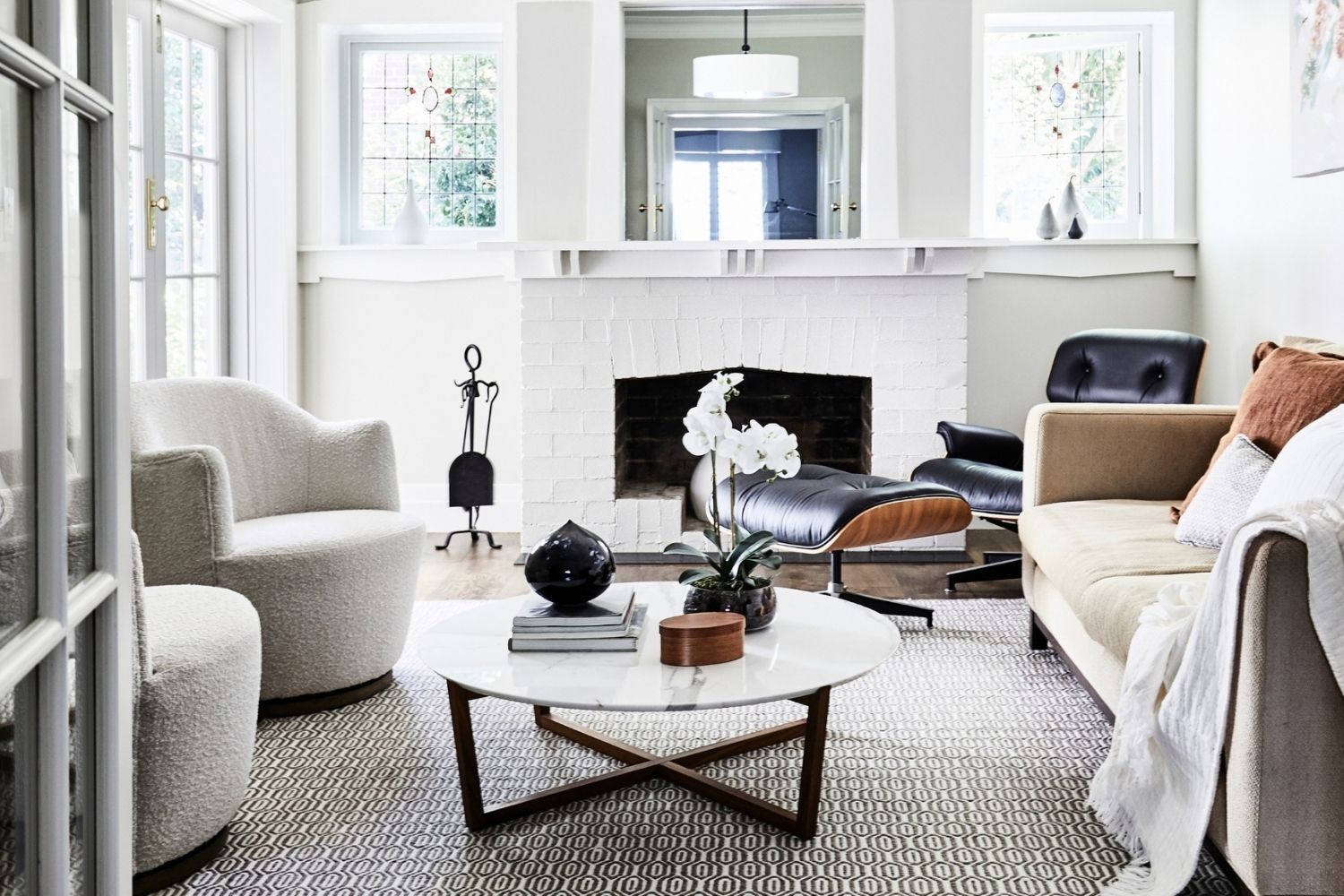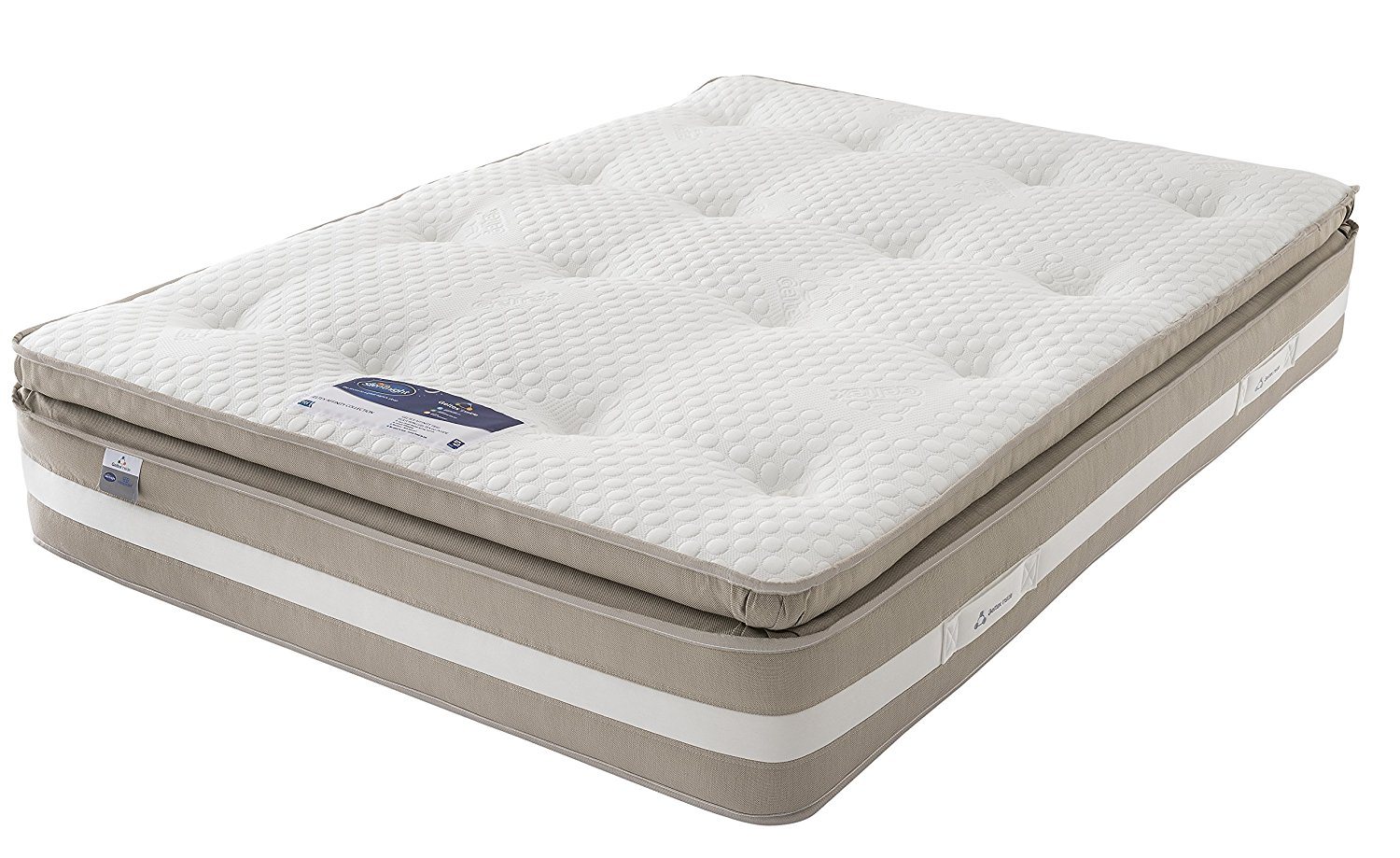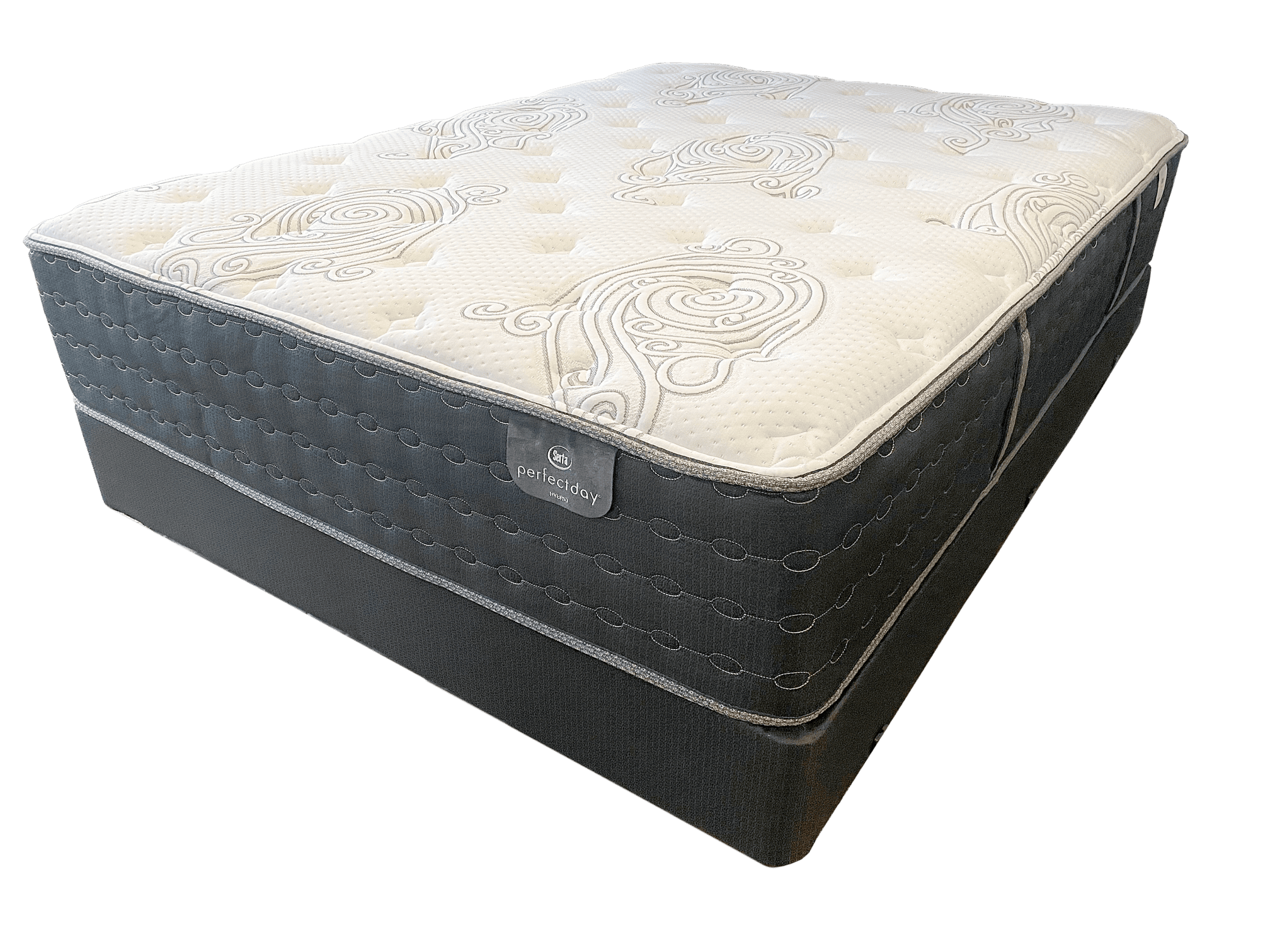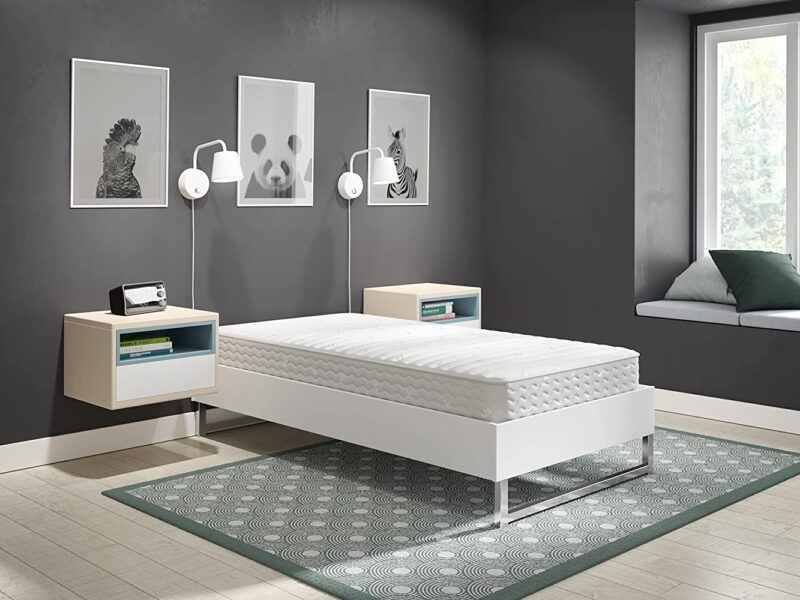1. Feng Shui Living Room Design Ideas
Feng shui is the ancient Chinese practice of arranging elements in a space to create a harmonious and balanced environment. When it comes to your living room, incorporating feng shui principles can help create a space that promotes positive energy and overall well-being. Here are some design ideas to get you started.
2. Feng Shui Tips for Your Living Room
Before diving into specific design ideas, it's important to understand the basic principles of feng shui for your living room. First, consider the layout of the room and aim for a balance of yin and yang energy. This can be achieved through a mix of soft and hard furnishings, as well as a blend of light and dark colors. Additionally, incorporating the five elements (wood, fire, earth, metal, and water) into your living room can help promote balance and harmony.
3. How to Create a Feng Shui Living Room
The first step in creating a feng shui living room is to declutter and organize the space. Clear out any unnecessary items and only keep things that bring you joy and serve a purpose. Next, consider the placement of your furniture. In feng shui, the sofa should be positioned against a solid wall with a clear view of the door. Avoid placing the sofa directly in front of the door or facing a window, as this can disrupt the flow of energy.
4. Feng Shui Living Room Colors
Color plays a significant role in feng shui design, as each color is associated with a different element. For your living room, consider incorporating a mix of warm and cool tones to promote balance. Green represents the wood element, which can be incorporated through plants or green accents. Red and purple represent fire, and can be used in small doses for a pop of energy. Earth tones like brown and beige can bring a sense of grounding, while white and metallics represent the metal element.
5. Feng Shui Living Room Layout
The ideal feng shui living room layout is one that allows for a smooth flow of energy. This means avoiding clutter and creating open pathways for energy to move through the room. It's also important to have a balance of soft and hard furnishings, as well as a mix of yin and yang elements. In terms of furniture placement, aim for a symmetrical layout with a clear view of the door.
6. Feng Shui Living Room Furniture
When selecting furniture for your living room, consider the materials and shapes of each piece. In feng shui, natural materials like wood and bamboo are preferred over synthetic materials. Similarly, rounded or curved shapes are believed to promote a flow of energy, while sharp edges can create stagnant energy. It's also important to choose furniture that is proportionate to the size of your living room and allows for easy movement.
7. Feng Shui Living Room Plants
Plants are an excellent way to bring the wood element into your living room and promote positive energy. In feng shui, plants are believed to purify the air and bring a sense of vitality into a space. Some recommended plants for your living room include bamboo, peace lilies, and money trees. Just be sure to keep them well-maintained and free of dead or dying leaves, as this can disrupt the flow of energy.
8. Feng Shui Living Room Decor
When it comes to feng shui living room decor, less is often more. It's important to avoid clutter and only display items that bring you joy and have a purpose. Additionally, incorporating elements from nature, such as crystals or natural textiles, can further promote a sense of balance and harmony. Avoid placing decor items directly in front of doors or windows, as this can block the flow of energy.
9. Feng Shui Living Room Mirror Placement
In feng shui, mirrors are believed to reflect and amplify energy. Therefore, it's important to be mindful of where you place them in your living room. Avoid placing a mirror directly facing the front door, as this can push positive energy back out of the room. Instead, consider placing a mirror on a side wall to reflect natural light and create a sense of spaciousness.
10. Feng Shui Living Room Lighting
Good lighting is crucial in feng shui design, as it represents the fire element and can bring warmth and energy into a space. Natural light is always preferred, so try to incorporate as much natural light as possible into your living room. When it comes to artificial lighting, aim for soft, warm tones rather than harsh, bright lights. Additionally, avoid placing light fixtures directly above seating areas, as this can create a sense of pressure and discomfort.
The Benefits of Feng Shui in Your Living Room Design
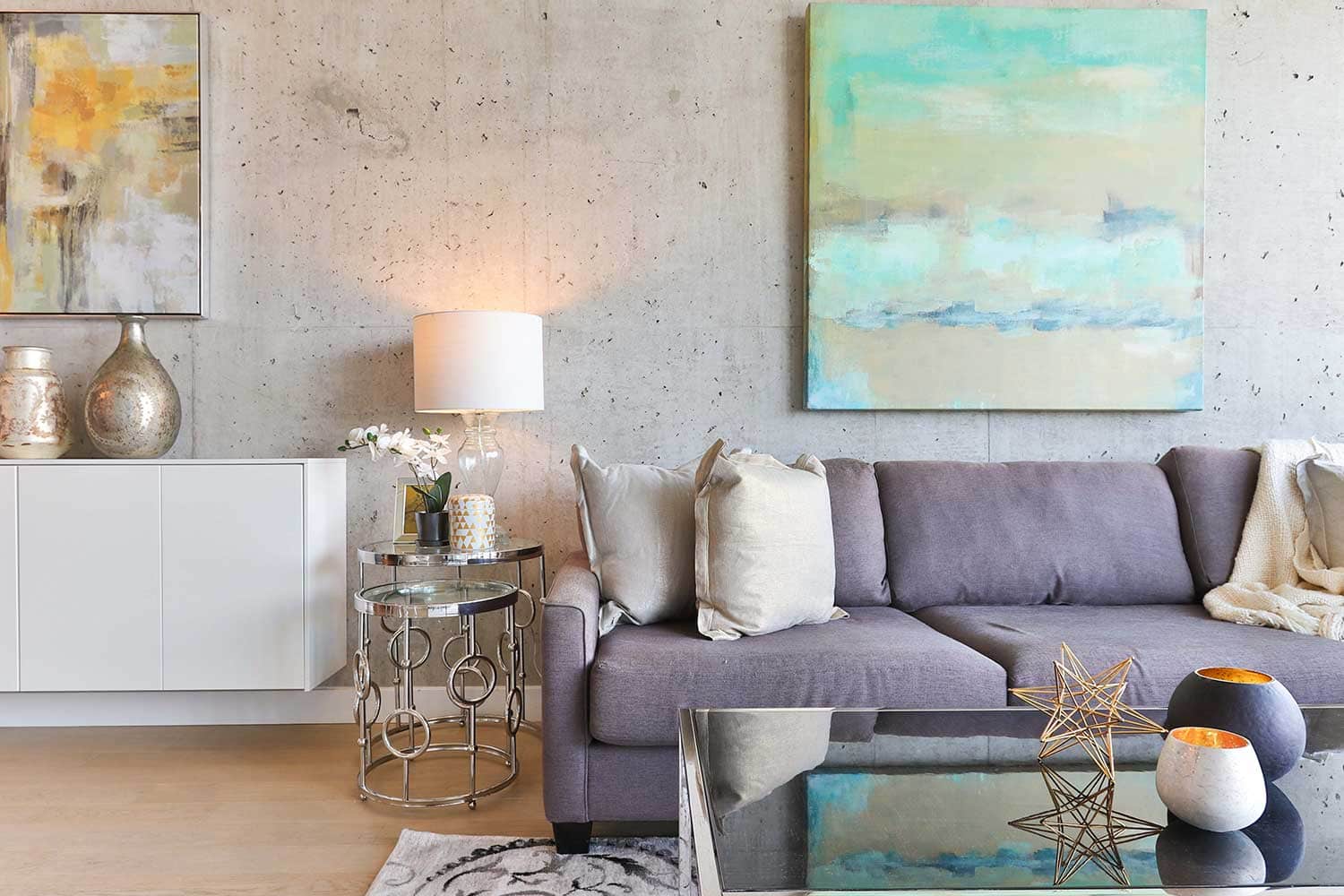
Creating Harmony and Balance
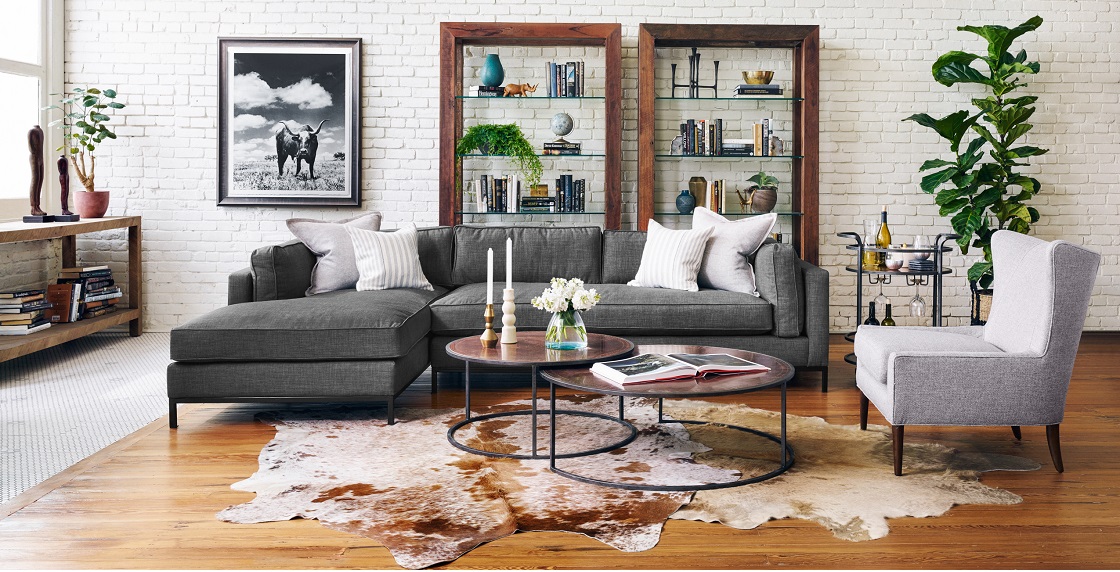 Feng shui is an ancient Chinese practice that focuses on creating harmony and balance in a living space. The living room is often considered the heart of a home, where family and friends gather to relax and spend time together. By incorporating feng shui principles into your living room design, you can create a space that promotes positive energy flow and a sense of well-being.
Feng shui
is all about creating a balanced and harmonious environment by arranging furniture and decor in a way that allows
chi
, or energy, to flow freely. In the living room, this means arranging furniture in a way that promotes conversation and connection, using natural elements to bring in positive energy, and keeping the space clutter-free to allow for a clear and open flow of
chi
.
Feng shui is an ancient Chinese practice that focuses on creating harmony and balance in a living space. The living room is often considered the heart of a home, where family and friends gather to relax and spend time together. By incorporating feng shui principles into your living room design, you can create a space that promotes positive energy flow and a sense of well-being.
Feng shui
is all about creating a balanced and harmonious environment by arranging furniture and decor in a way that allows
chi
, or energy, to flow freely. In the living room, this means arranging furniture in a way that promotes conversation and connection, using natural elements to bring in positive energy, and keeping the space clutter-free to allow for a clear and open flow of
chi
.
Bringing in Natural Elements
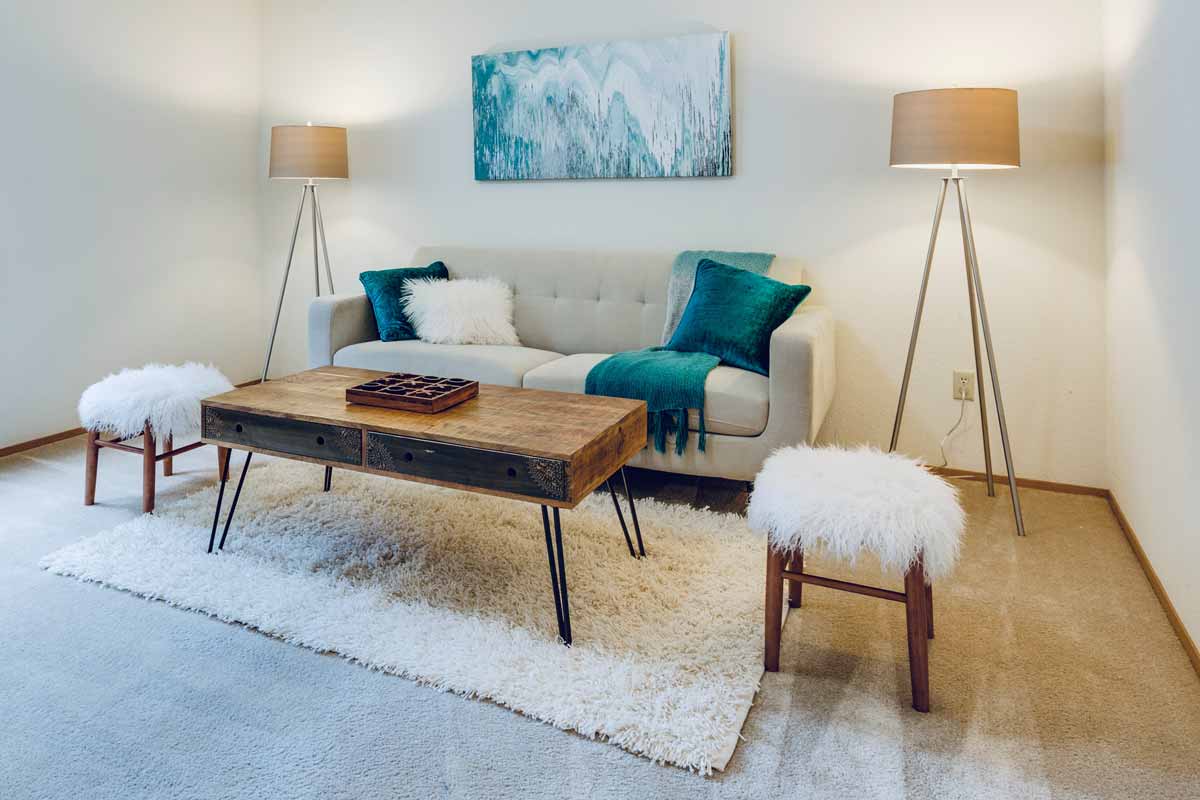 In feng shui, the
five elements
- wood, fire, earth, metal, and water - are believed to be fundamental energies that influence our lives. By incorporating these elements into your living room design, you can create a space that is both visually appealing and energetically balanced.
Wood elements, such as plants or wooden furniture, bring in a sense of growth and vitality. Fire elements, such as candles or a fireplace, bring in warmth and passion. Earth elements, such as rocks or pottery, bring in stability and grounding. Metal elements, such as metallic accents or mirrors, bring in clarity and focus. And water elements, such as a fountain or a fish tank, bring in a sense of flow and abundance.
In feng shui, the
five elements
- wood, fire, earth, metal, and water - are believed to be fundamental energies that influence our lives. By incorporating these elements into your living room design, you can create a space that is both visually appealing and energetically balanced.
Wood elements, such as plants or wooden furniture, bring in a sense of growth and vitality. Fire elements, such as candles or a fireplace, bring in warmth and passion. Earth elements, such as rocks or pottery, bring in stability and grounding. Metal elements, such as metallic accents or mirrors, bring in clarity and focus. And water elements, such as a fountain or a fish tank, bring in a sense of flow and abundance.
Creating a Welcoming Space
/GettyImages-1093510322-bdcf13ae33e74480934cf9b0e6658e3a.jpg) Another important aspect of feng shui in the living room is creating a welcoming and inviting space. This can be achieved through the use of warm and inviting colors, comfortable seating options, and incorporating personal touches and meaningful decor.
Colors play a significant role in feng shui, with each color representing a different energy. For a living room, warm and earthy tones, such as beige, brown, and terracotta, are often recommended for creating a cozy and welcoming atmosphere.
In addition, comfortable seating options, such as a plush sofa or armchairs, can encourage relaxation and conversation. Adding personal touches, such as family photos or meaningful artwork, can also create a sense of warmth and connection within the space.
In conclusion, incorporating feng shui principles into your living room design can have numerous benefits, from promoting positive energy flow to creating a welcoming and harmonious space. By following these tips and incorporating natural elements, you can create a living room that not only looks beautiful but also feels balanced and inviting. So why not give feng shui a try and see the positive impact it can have on your living room design?
Another important aspect of feng shui in the living room is creating a welcoming and inviting space. This can be achieved through the use of warm and inviting colors, comfortable seating options, and incorporating personal touches and meaningful decor.
Colors play a significant role in feng shui, with each color representing a different energy. For a living room, warm and earthy tones, such as beige, brown, and terracotta, are often recommended for creating a cozy and welcoming atmosphere.
In addition, comfortable seating options, such as a plush sofa or armchairs, can encourage relaxation and conversation. Adding personal touches, such as family photos or meaningful artwork, can also create a sense of warmth and connection within the space.
In conclusion, incorporating feng shui principles into your living room design can have numerous benefits, from promoting positive energy flow to creating a welcoming and harmonious space. By following these tips and incorporating natural elements, you can create a living room that not only looks beautiful but also feels balanced and inviting. So why not give feng shui a try and see the positive impact it can have on your living room design?



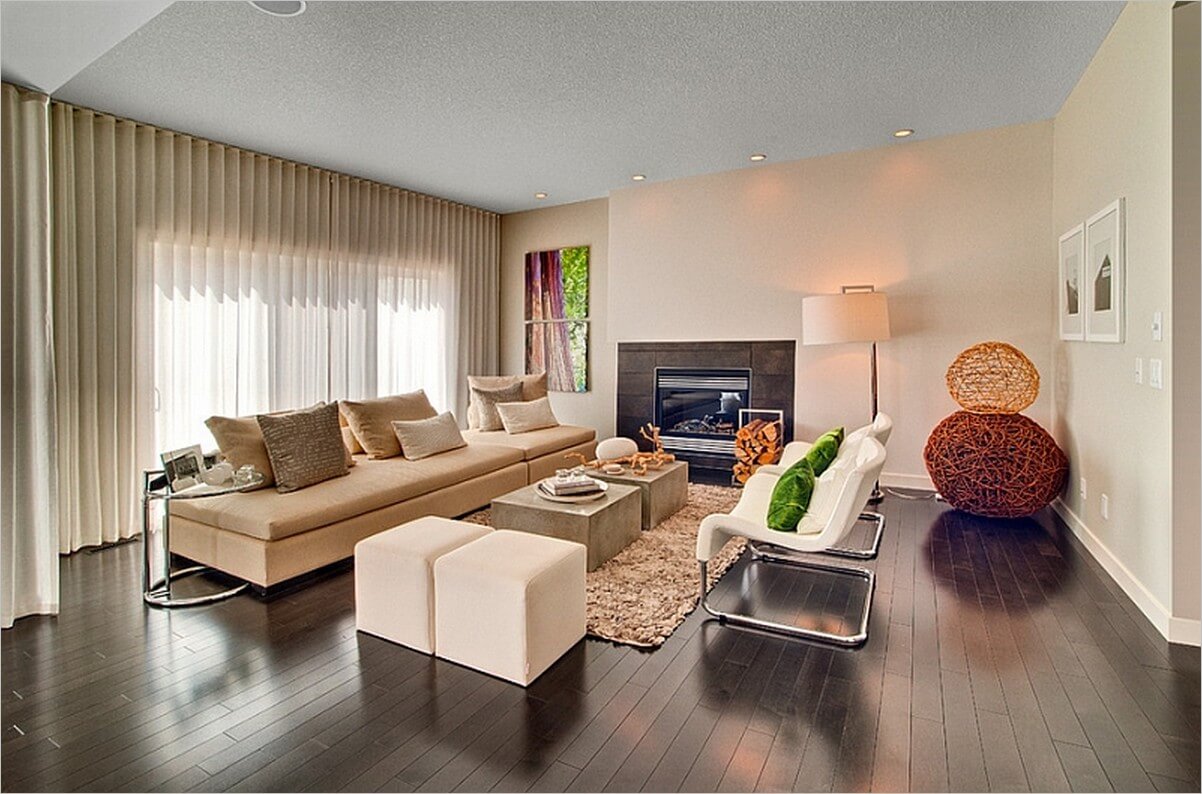
/GettyImages-1030845464-d9bf0a6179ff4601971a1ab963607969.jpg)
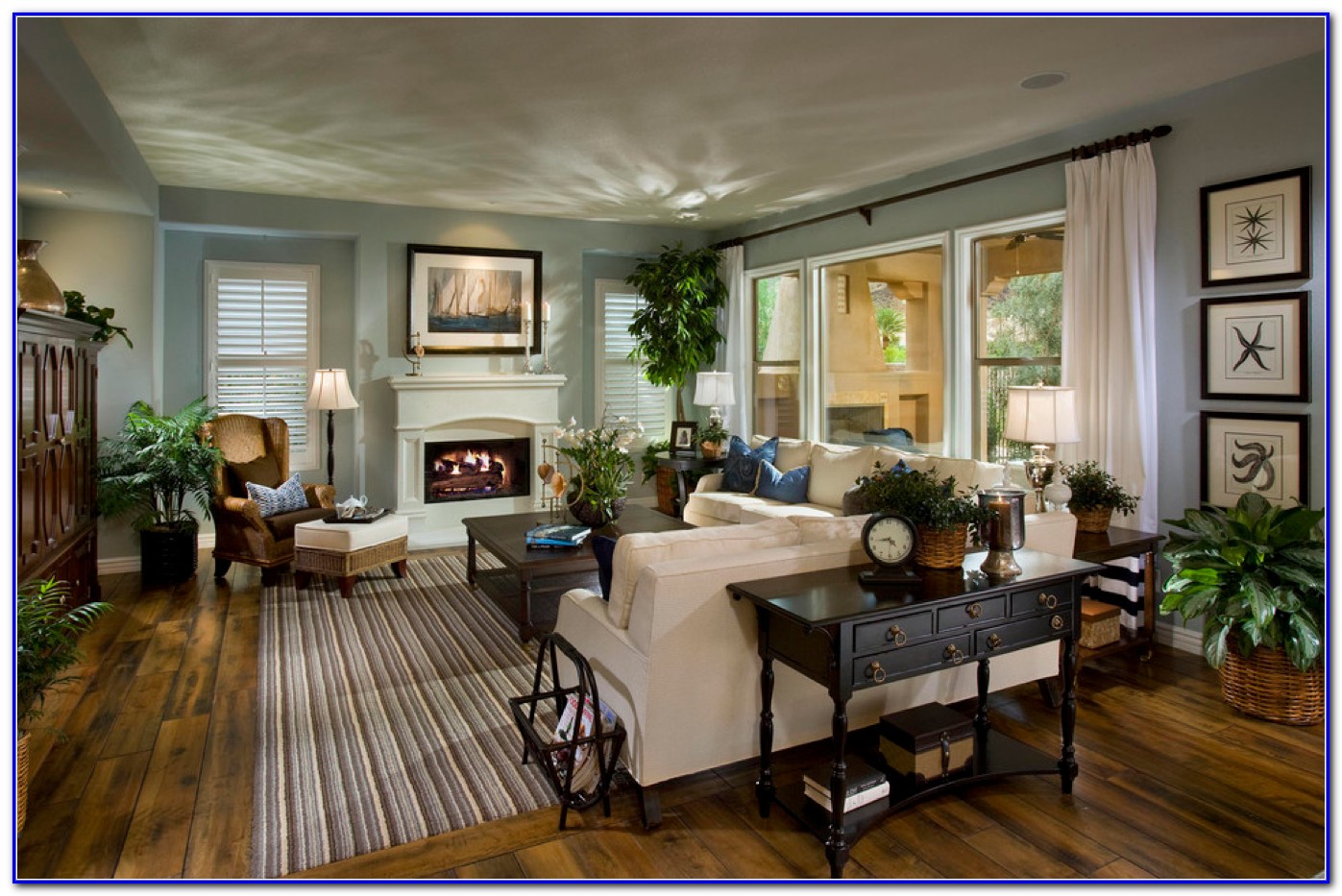
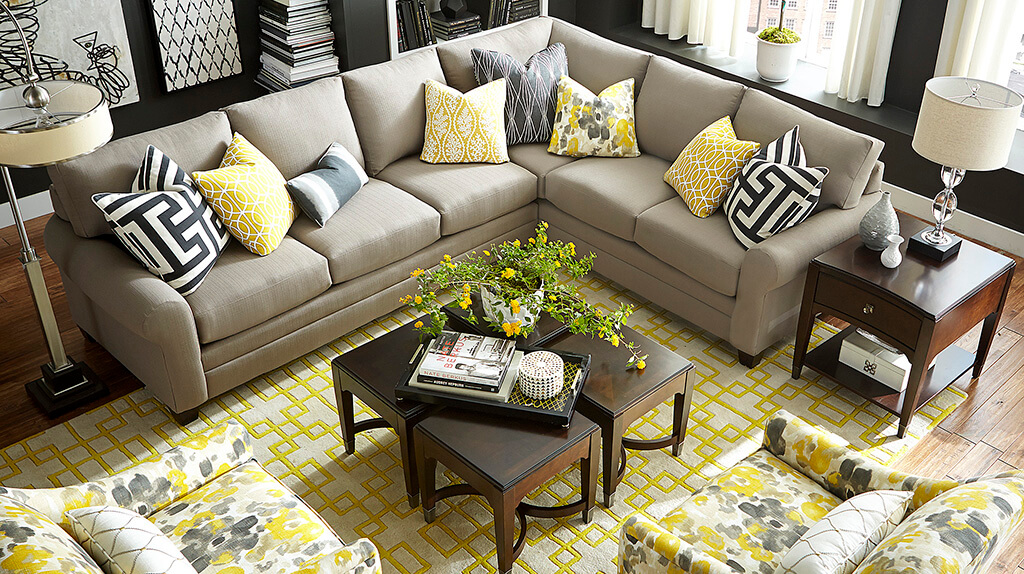

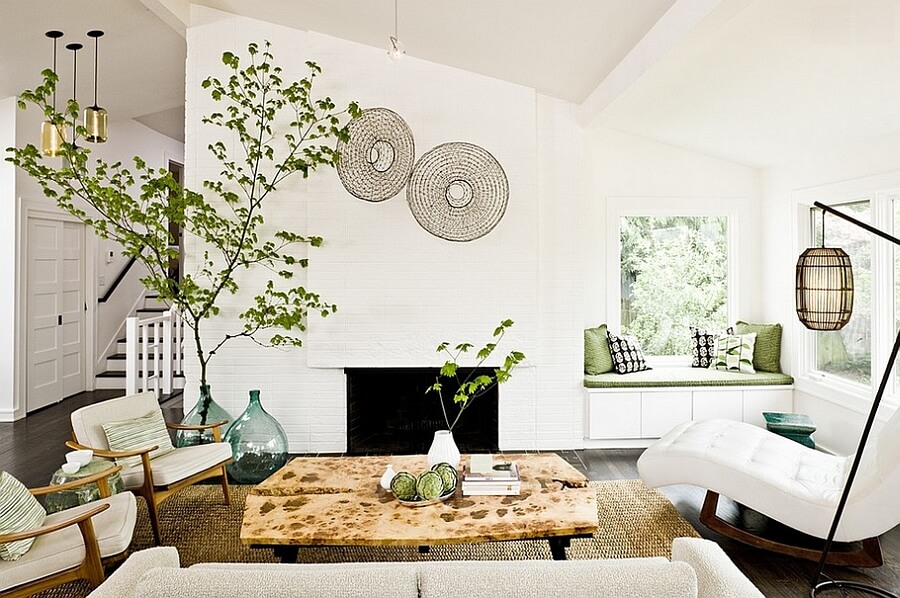

:max_bytes(150000):strip_icc()/GettyImages-642242204-9bc00f4474f040908f0286b3f2764f95.jpg)




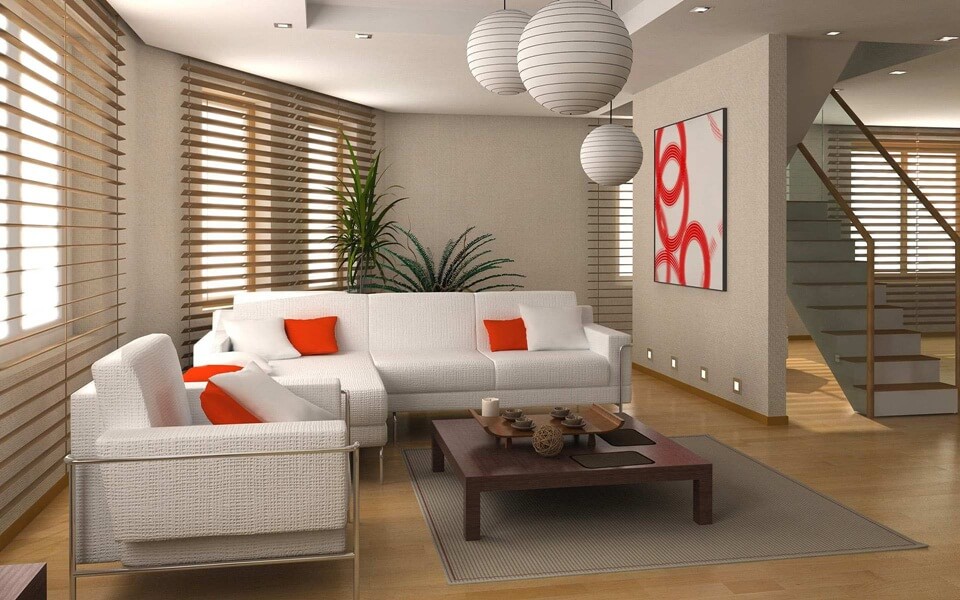
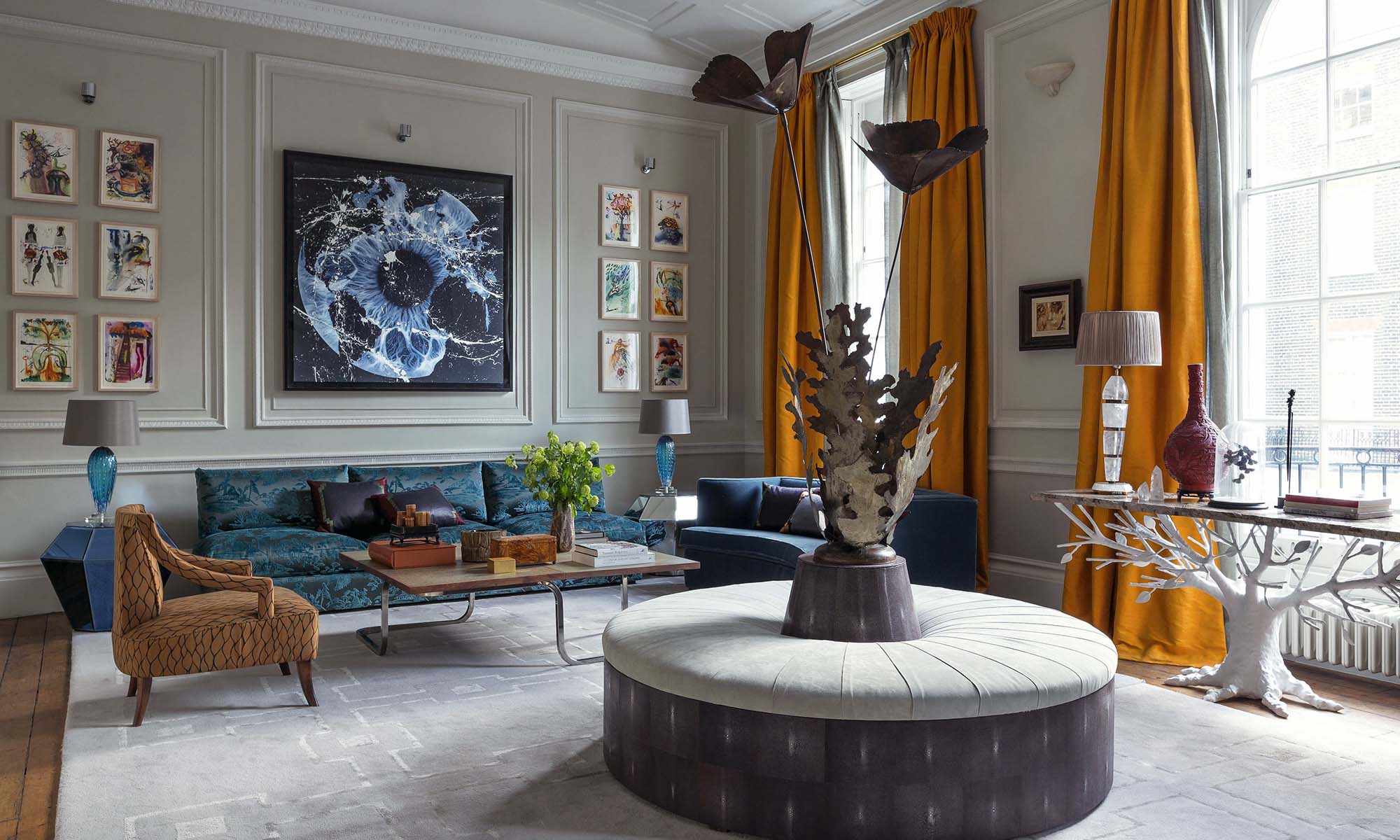

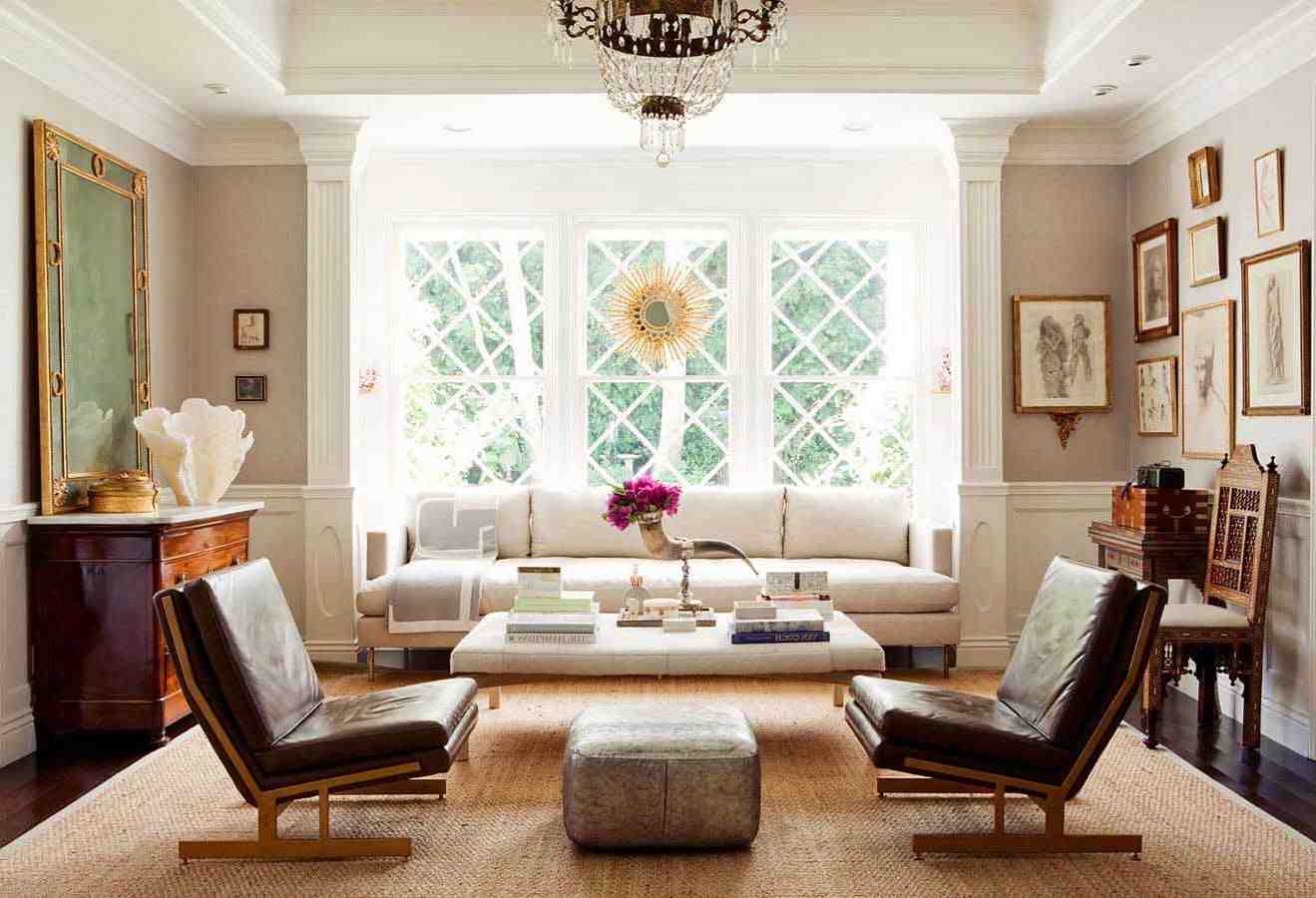
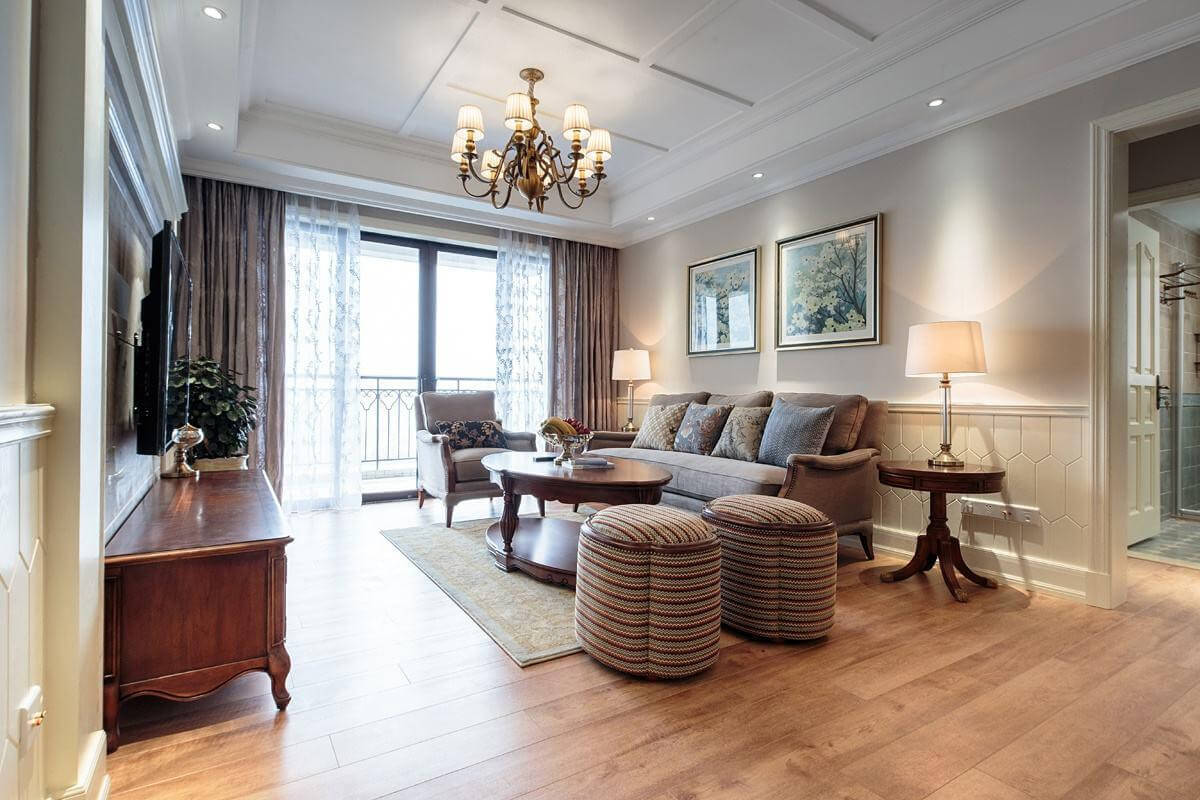
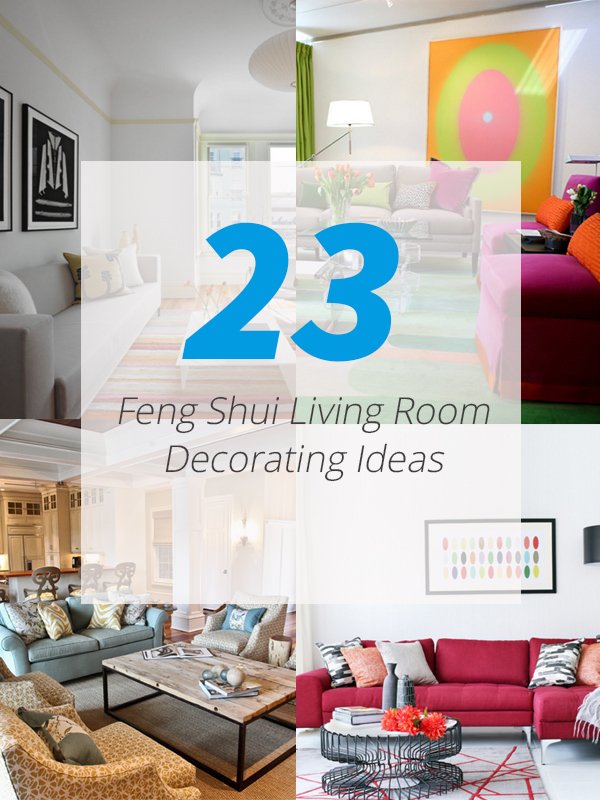



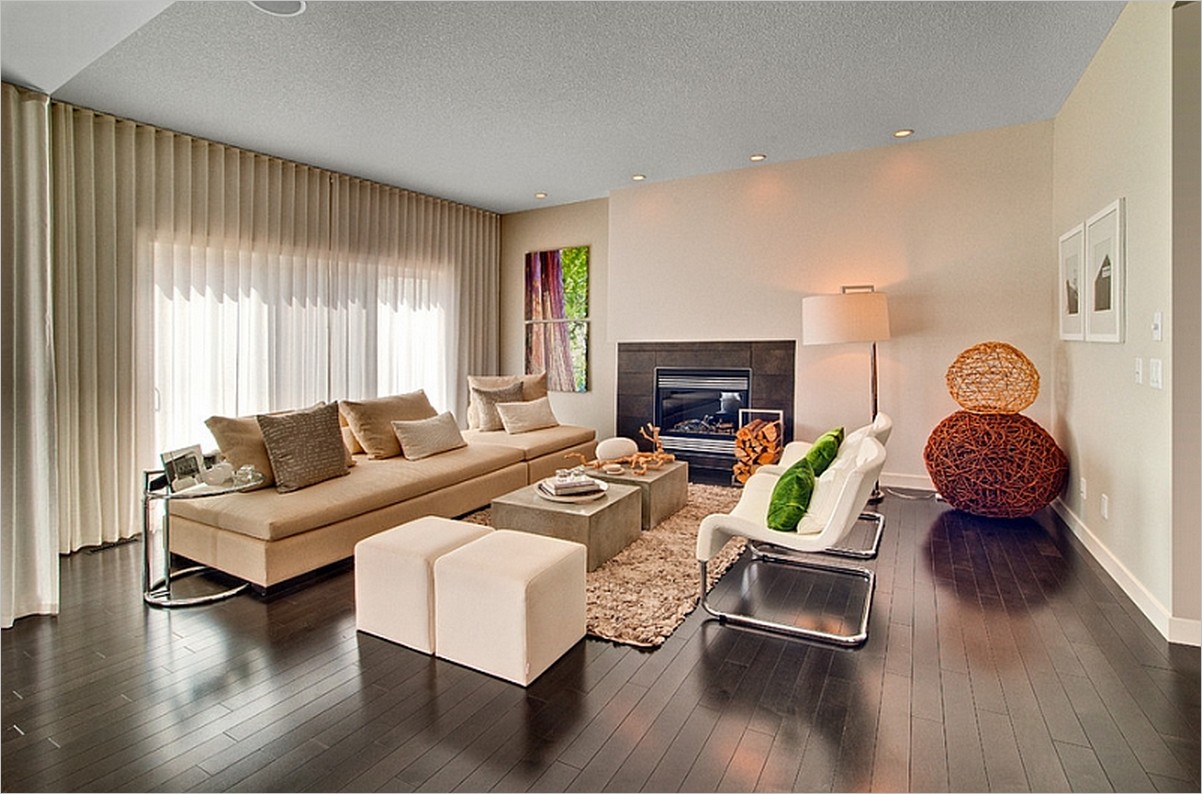
:max_bytes(150000):strip_icc()/interior-of-a-modern-living-room-157585197-f4ed3ae199e0491d84d9a79b90e66809.jpg)
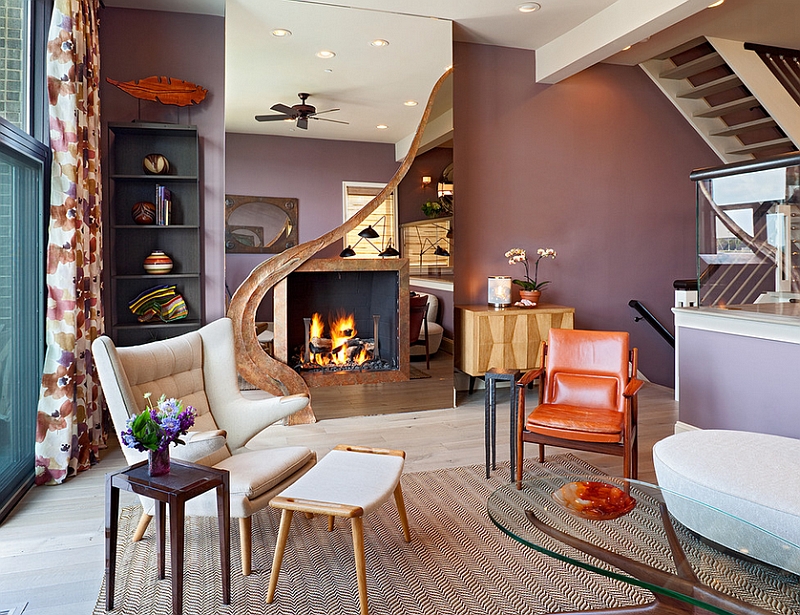
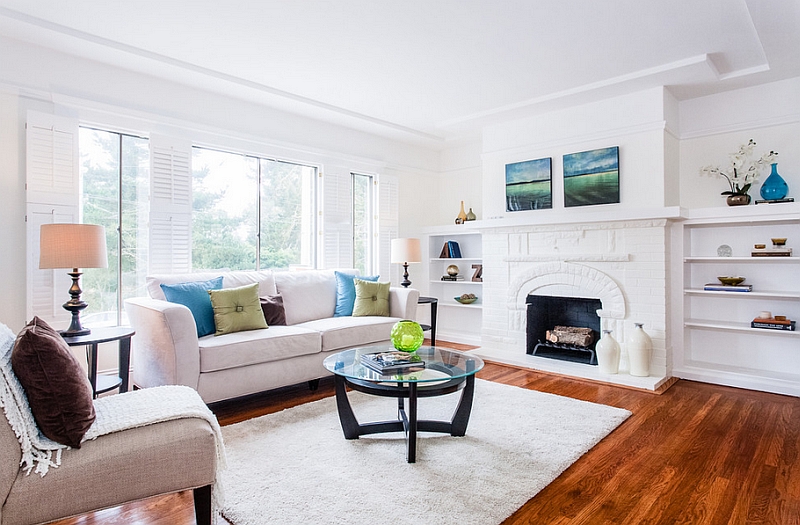





:max_bytes(150000):strip_icc()/GettyImages-1156011692-dd3354f984884054adec618e43903f8a.jpg)
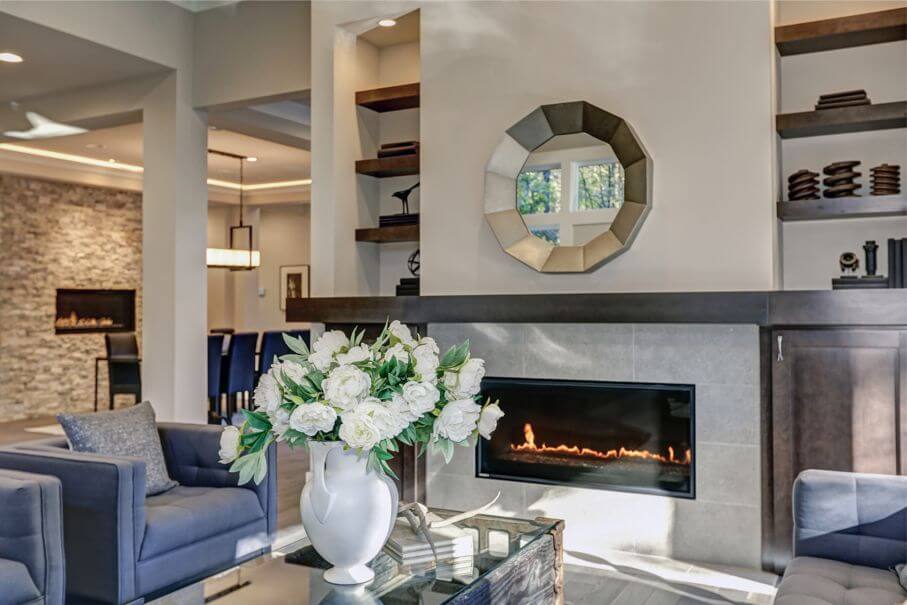






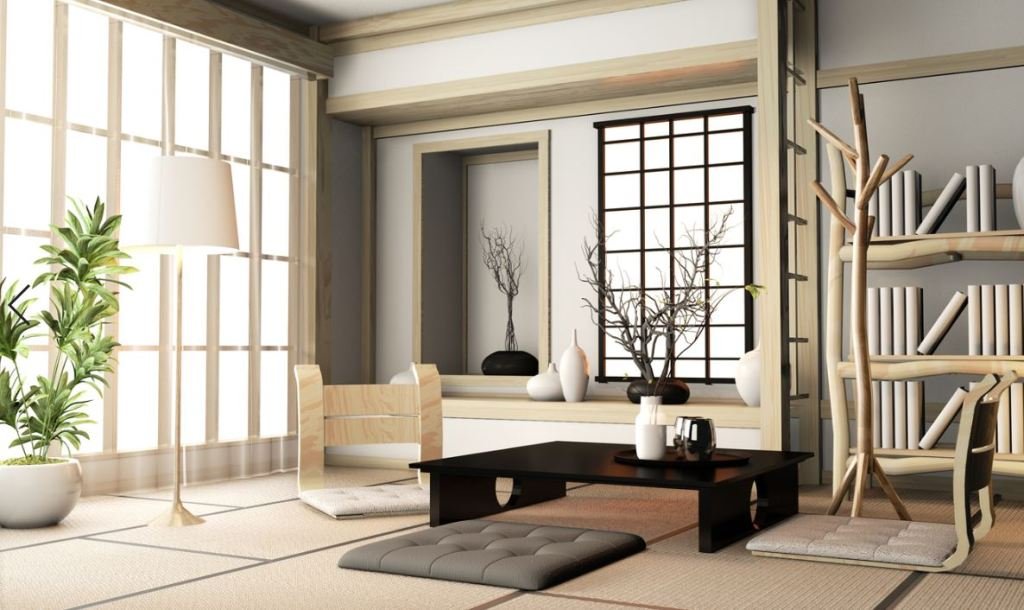




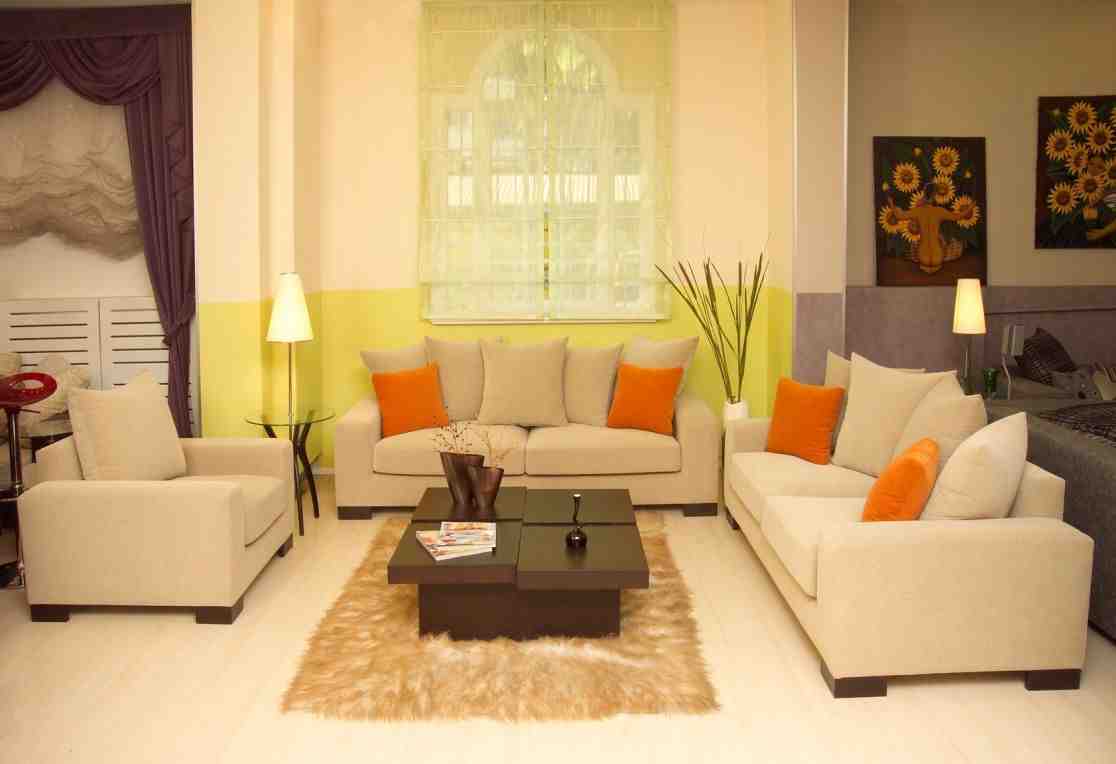
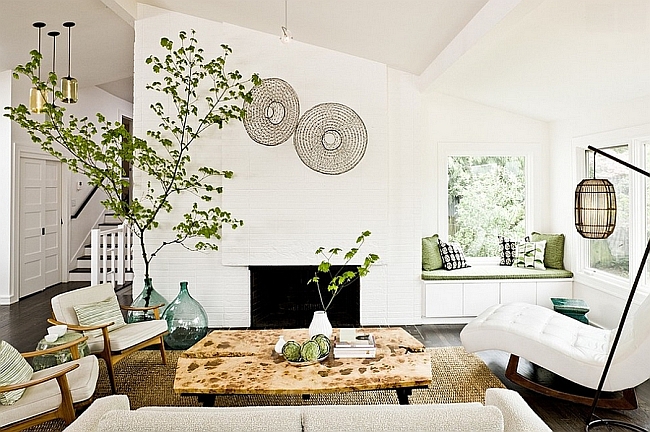
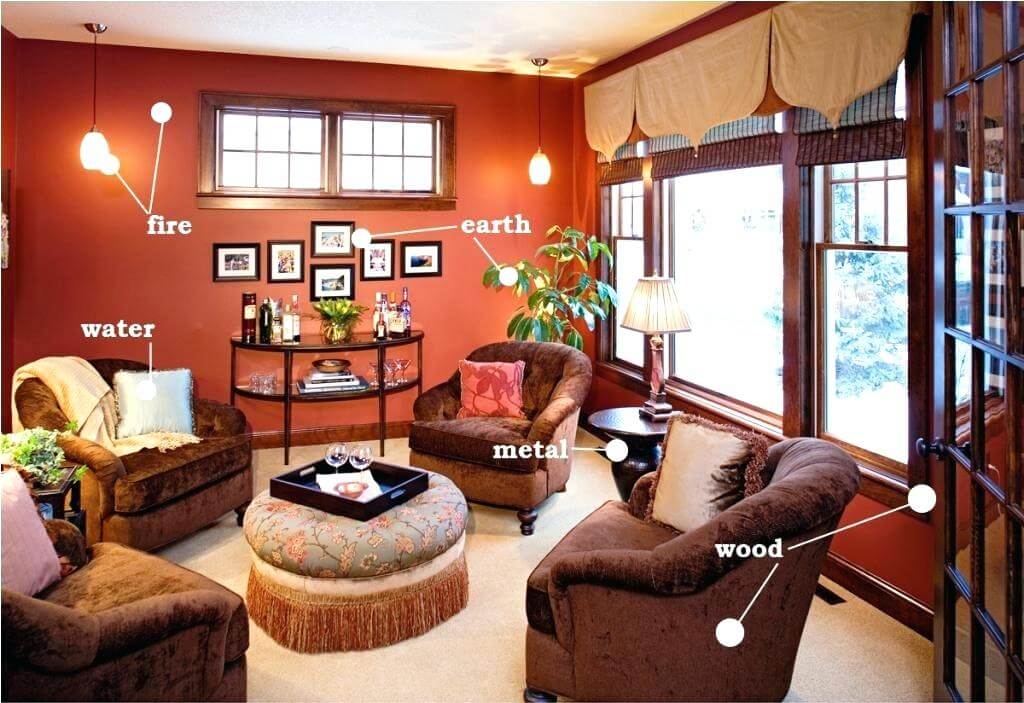


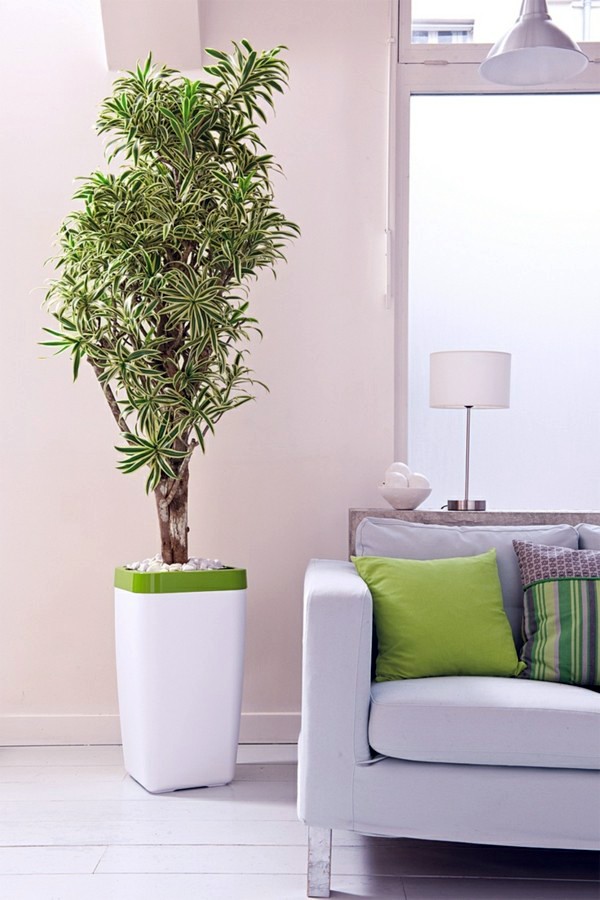
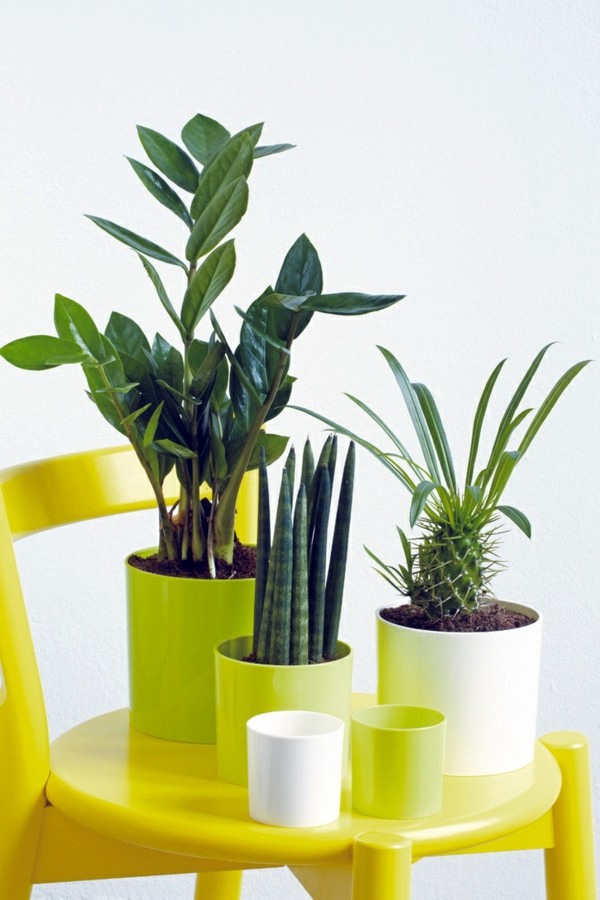


:max_bytes(150000):strip_icc()/GettyImages-530329210-ce3f326a3d1648d1b46f228e2624e25c.jpg)
/chi-resized-56a4e94e5f9b58b7d0d9da4e.jpg)
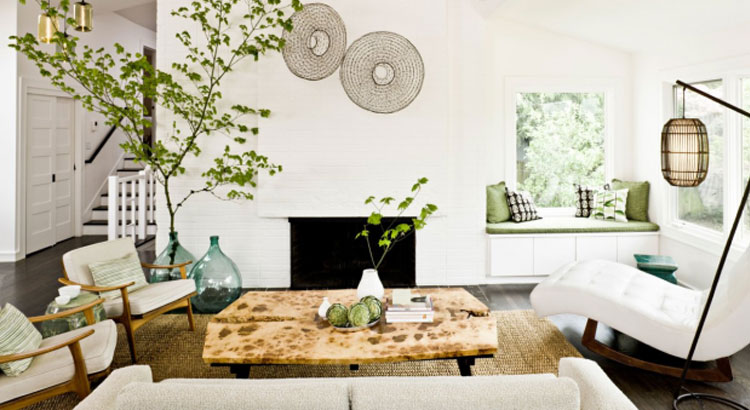



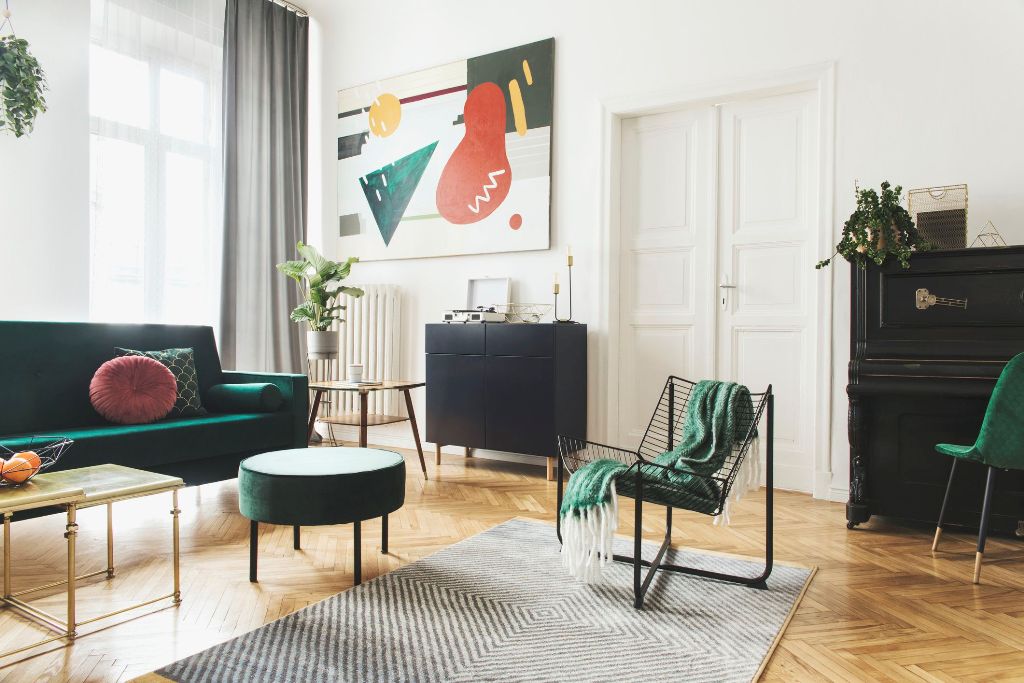
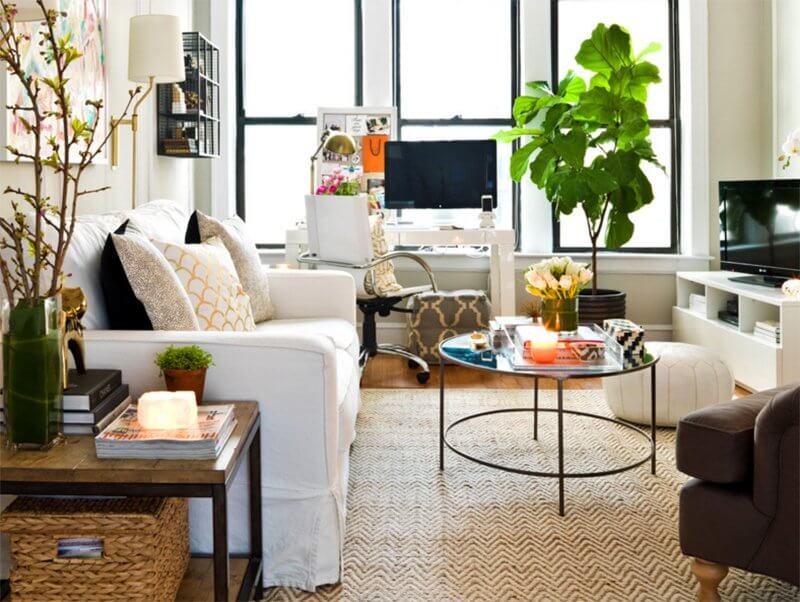




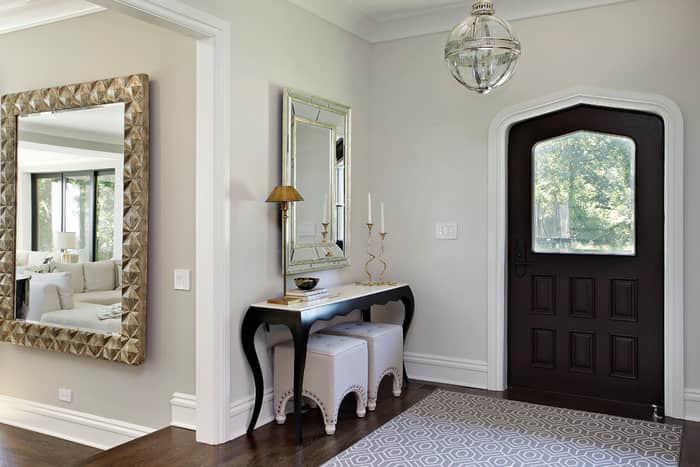
/Living-room-mirror-GettyImages-530358968-58b8be143df78c353c14eae5.jpg)
:max_bytes(150000):strip_icc()/interior-of-a-modern-living-room-157585197-f4ed3ae199e0491d84d9a79b90e66809.jpg)
/robert-nicholas-many-mirrors-5859a4413df78ce2c382a6d6.jpg)





